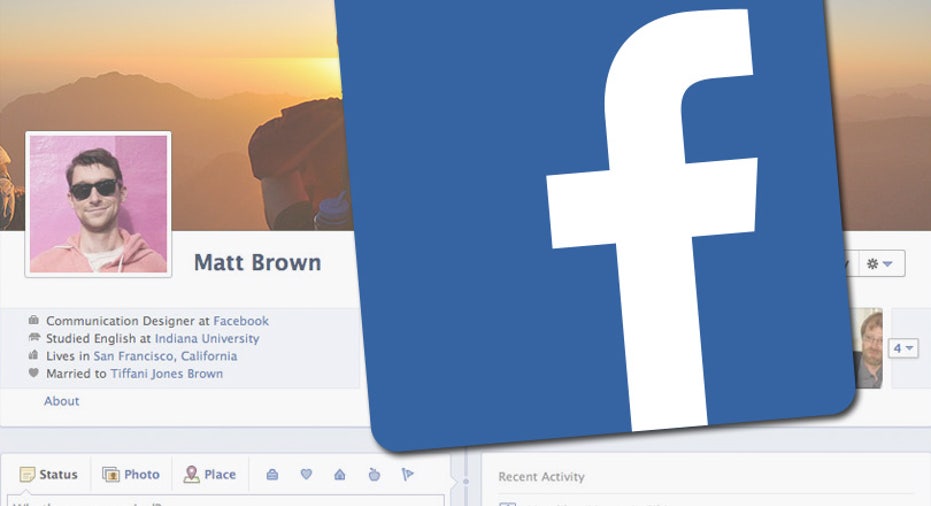Israeli Official: Facebook Is a 'Monster' That Sabotages Police

Israel's Public Security Minister, Gilad Erdan, says Facebook is "a monster" that sabotages Israeli police efforts.
Despite bringing "an amazing, positive revolution to the world," Facebook has, since the rise of the Islamic State, "simply become a monster," Erdan said during a Saturday TV interview, as reported by Reuters.
"Facebook today sabotages, it should be known … the work of the Israeli police, because when the Israeli police approach them [about potential suspects in the occupied West Bank] … Facebook does not cooperate," he continued. "It also sets a very high bar for removing inciteful content and posts."
The Israeli government is reportedly drafting legislation that would allow it to remove from social media sites online postings it suspects may incite terrorism.
"There is no room for content that promotes violence, direct threats, terrorist, or hate speeches on our platform," Facebook said in a statement emailed to PCMag.
Without directly addressing Erdan's comments, Facebook said it has worked with Israel in the past, and placed the responsibility on individual countries to govern their own people.
"We have a set of community standards designed to help people understand what's allowed on Facebook, and we call on people to use our report if they find the content they believe violates these rules, so that we can examine each case and take a quick action," the statement said. "We have regular dialogue with the government on these issues."
Erdan, who apparently urged Israelis to "flood" Facebook boss Mark Zuckerberg with demands for a policy change, did not immediately respond to PCMag's request for comment.
According to Facebook's transparency report, Facebook restricted access to 236 pieces of content in Israel between June and December 2015, the most recent time period for which data is available. This content, Facebook says, violated harassment laws and related to Holocaust denial content.
During the same time period, the government made 294 requests for access to 340 users/accounts. Facebook produced data for 59.52 percent of those requests.
In January, Facebook formally pledged to fight hate speech and extremism on the site. It promised over 1 million euros ($1.09 million) to focus on financially supporting organizations that fight online extremism, as well as help researchers, companies, and governments, find ways to understand and disrupt online extremism.
Countries like Germany and France have stricter rules on offensive comments than we do in the US, banning things like pro-Nazi content. In the wake of Germany accepting thousands of refugees last year, hate speech about the move has proliferated on sites like Facebook. In an attempt to quell unrest, the German government has called on technology companies to help fight such commentary.
This article originally appeared on PCMag.com.



















